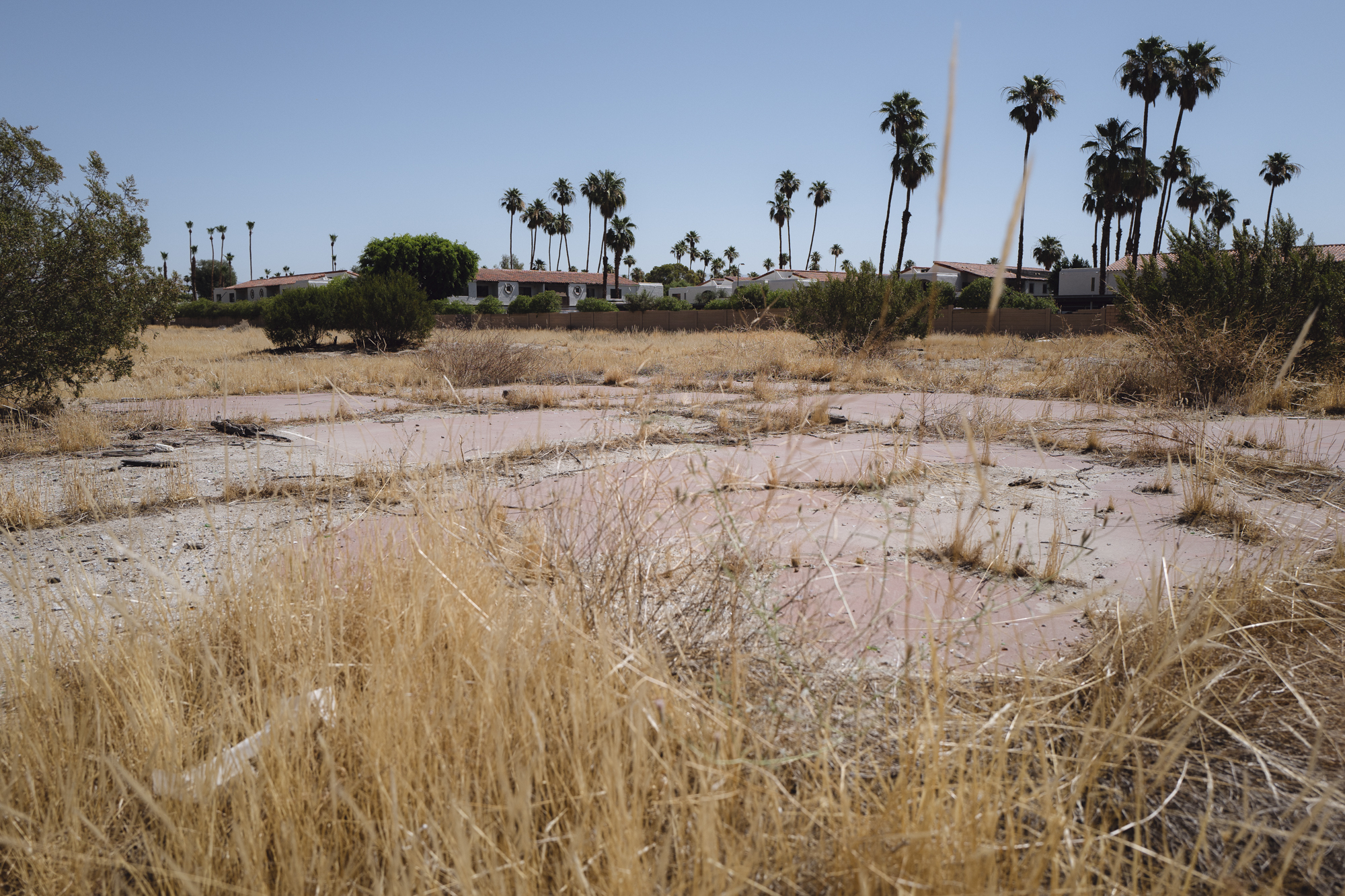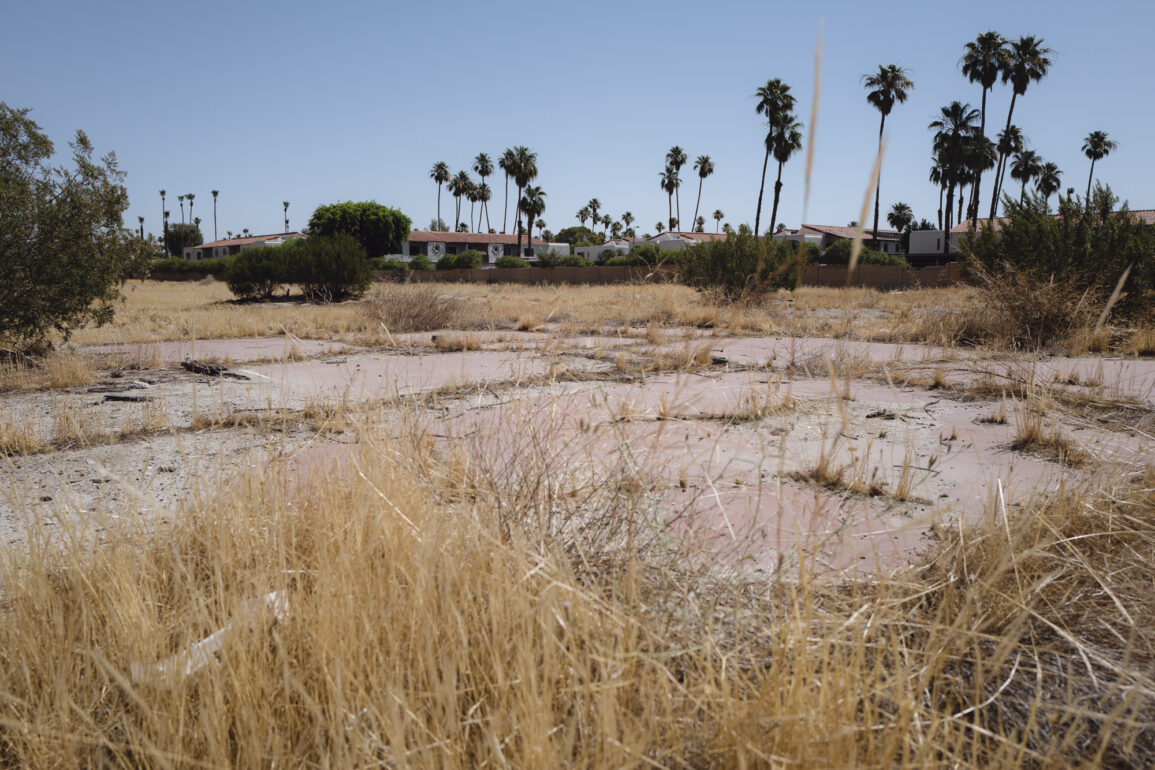The city will also fund a $1 million small business program aimed at “empowering local business initiatives for marginalized communities.”
This agreement comes years after the Palm Springs Section 14 Survivors group, created by former resident Pearl Devers, began demanding the city pay for the loss of their homes, personal property and the racial trauma they experienced from the burning of their neighborhood.
“I feel like I can breathe finally, for my community, for my parents, for everybody. It’s been a long journey. It’s been a hard-fought journey. And I’m just happy that we have prevailed,” Devers said after the vote on Thursday.
In 2021, the group filed a claim against the city, saying that the evictions amounted to a racially motivated attack. The city formally apologized for its role in the widespread displacement of the city’s working class Black and Latino residents, most of whom worked in the service industry as construction workers and housekeepers.
At the time, the city vowed to make things right, but negotiations quickly stalled, and little progress was made until this year.
In April, the city offered $4.2 million to survivors and descendants in restitution to pay for 145 destroyed homes and damaged belongings. But the group declined the offer. The group’s attorney, Areva Martin, said that amount was only a fraction of what the families are owed.
The newly agreed-upon settlement is based on a historical context study released by the city in November. The study found that an estimated 197 homes were demolished, up from 145 homes identified in previous city records.
The reparations agreement in Palm Springs follows similar recent efforts in a handful of California cities. In 2021, the Los Angeles County Board of Supervisors voted to return Bruce’s Beach back to the Bruce family 100 years after it was taken from them because they were Black. Residents in Russell City – in Hayward – and the city of Los Angeles have since launched their own efforts, seeking reparations for properties they believe were taken through racially motivated eminent domain.

Earlier this year, the California Legislative Black Caucus introduced a package of reparation bills aimed at addressing the state’s legacy of racism and discrimination against Black Californians. The bills ranged from issuing a formal apology for the state’s role in enslaving Black residents to prohibiting discrimination against hair color or texture, but they stopped short of direct cash payments.
In June, the state set aside $12 million for the package of bills.
Among them was SB 1050, a bill that would have created a state process for reviewing claims from people who believe their families lost property through the racially motivated use of eminent domain. But in September, Gov. Gavin Newsom vetoed the bill, on the grounds that it “tasks a nonexistent state agency to carry out its various provisions and requirements, making it impossible to implement.”
Section 14 is 1-square mile of land, located next to downtown Palm Springs that’s owned by the Agua Caliente Band of Cahuilla Indians. In the 1940s, the neighborhood was one of few places where Black and Latino residents could live, because of racial covenants in the city.
At the time federal laws allowed tribes to lease their land for up to five years, making the land less desirable for commercial development.
That lasted until 1959, when the federal government opened up leasing agreements for certain tribes, including the Agua Caliente Band, for up to 99 years, garnering the interest of commercial real estate developers. Soon after, the city gained control of the land from the tribe through a conservatorship and directed the fire department to demolish and burn down the homes in the neighborhood to make way for luxury tourism.
A 1968 report, from the state’s attorney general, described it as a “city engineered holocaust.”
Margerate Godinez-Genera, 80, grew up in the Section 14 neighborhood and lived there with her husband and two boys before ultimately fleeing after seeing her neighbor’s house burn to the ground. She says she’s happy to see some justice for former residents and their descendants.
“I know my mom and dad are happy that I was involved, and told their story. I’m happy that we got it resolved,” Godinez-Genera said.


